4+ Hospitality Induction Templates in DOC | PDF
hospitality induction

hospitality induction program
hospitality induction manual
hospitality induction training
hospitality induction checklist
4+ Hospitality Induction Templates in DOC | PDF
1. Staff Safety Induction Template
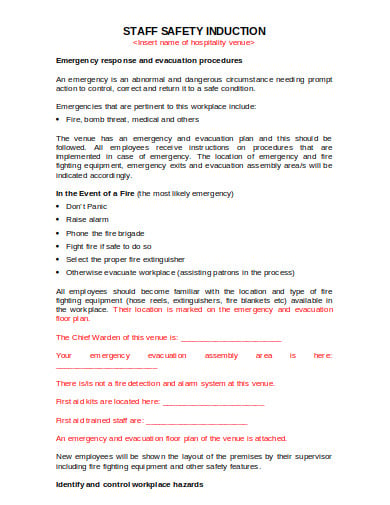 ahant.com.au
ahant.com.au2. Health and Safety Induction for New Staff
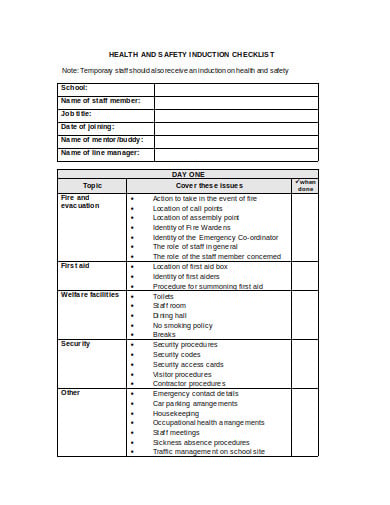 wokingham.gov.uk
wokingham.gov.uk3. Printable Hospitality Induction
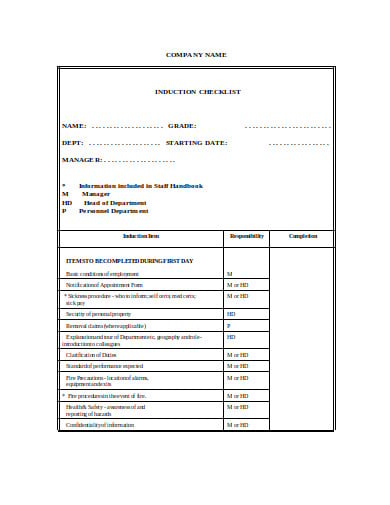 frta.nl
frta.nl4. Employee Food & Hospitality Induction Checklist
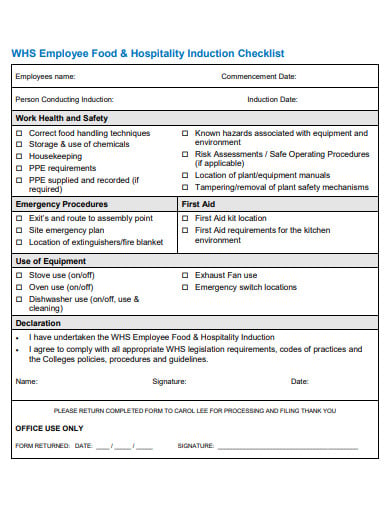 stpatstech.sa.edu.au
stpatstech.sa.edu.au5. Appointment and Induction Template
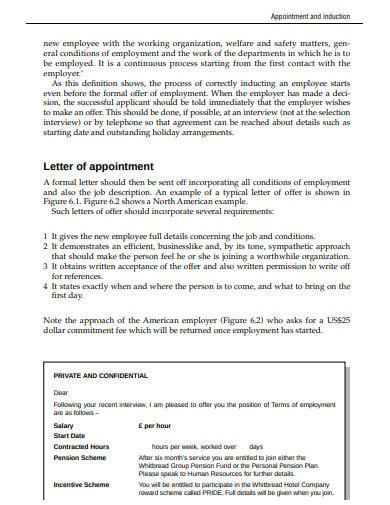 nscpolteksby.ac.id
nscpolteksby.ac.id





